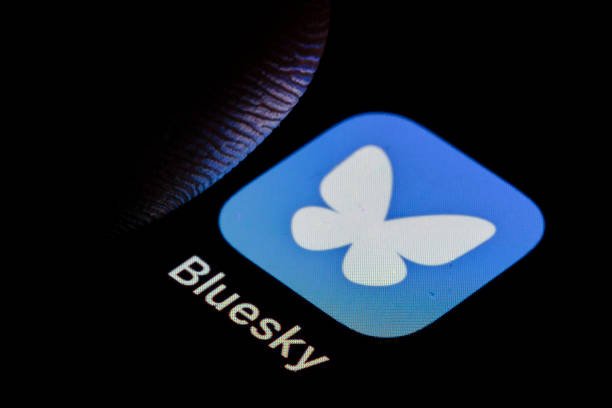Blusky is a rolling out a new verification system that aims to distinguish itself from the controversial “blue check” model popularized by Twitter (now X). The decentralized social network announced that “notable and authentic” accounts can now apply for verification through an online form, while organizations can register as “Trusted Verifiers” to authenticate others.
Unlike traditional verification systems, Bluesky’s approach offers multiple pathways to establish credibility. Alongside the standard blue badge, users can self-verify by linking their account to an official domain – a feature already adopted by over 270,000 accounts, including major publishers like NPR. The platform has also begun testing third-party verification with select media organizations, including The New York Times and Wired.
However, Bluesky’s criteria for determining “notability” remains somewhat vague. The company says it will evaluate professional recognition, media coverage, and public interest, but provides few concrete benchmarks. Applications will be reviewed internally, with no responses sent to rejected candidates – a process that risks echoing the opacity of legacy verification systems.
The move has sparked mixed reactions within Bluesky’s community. Some users worry verification could create the same status hierarchies that plagued Twitter, while others appreciate the platform’s efforts to distribute authority beyond a central gatekeeper. For those seeking alternatives, decentralized forks like Deer.Social already offer community-driven verification models where users mutually vouch for each other’s authenticity.
As Bluesky navigates this transition, its success may hinge on whether it can scale its Trusted Verifier program quickly enough maintain its reputation as a more equitable social medial alternative.






















